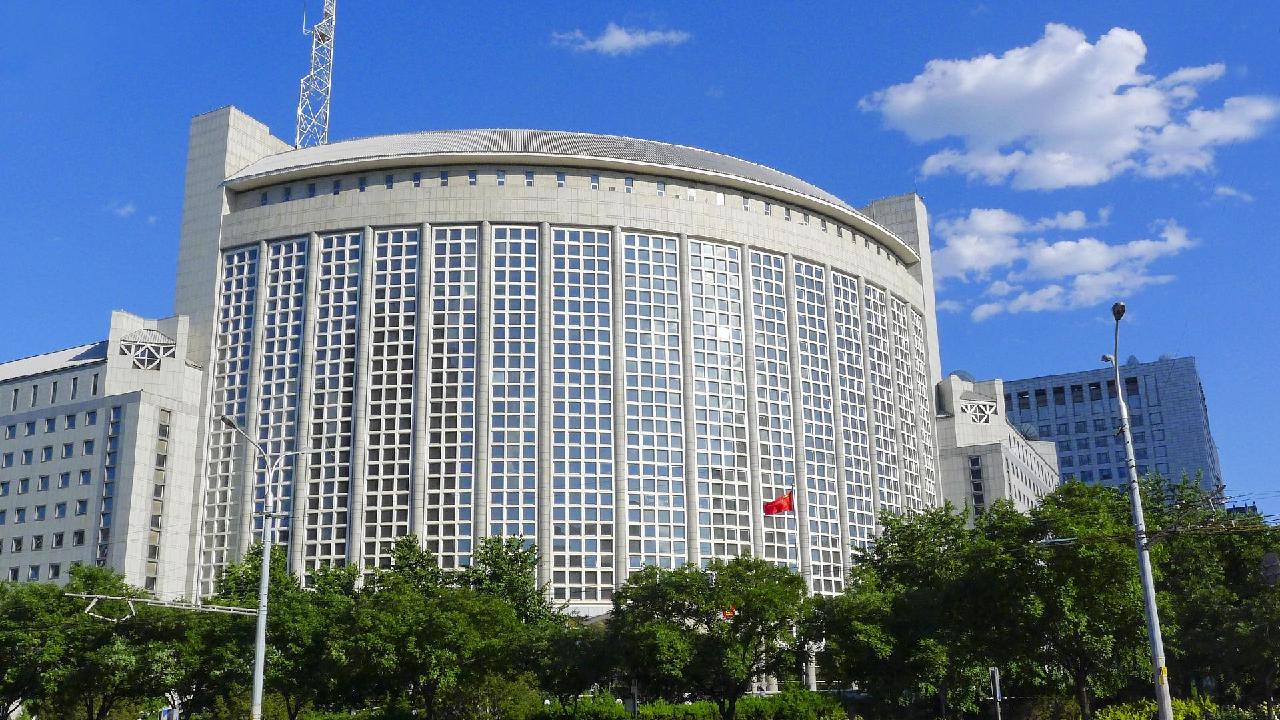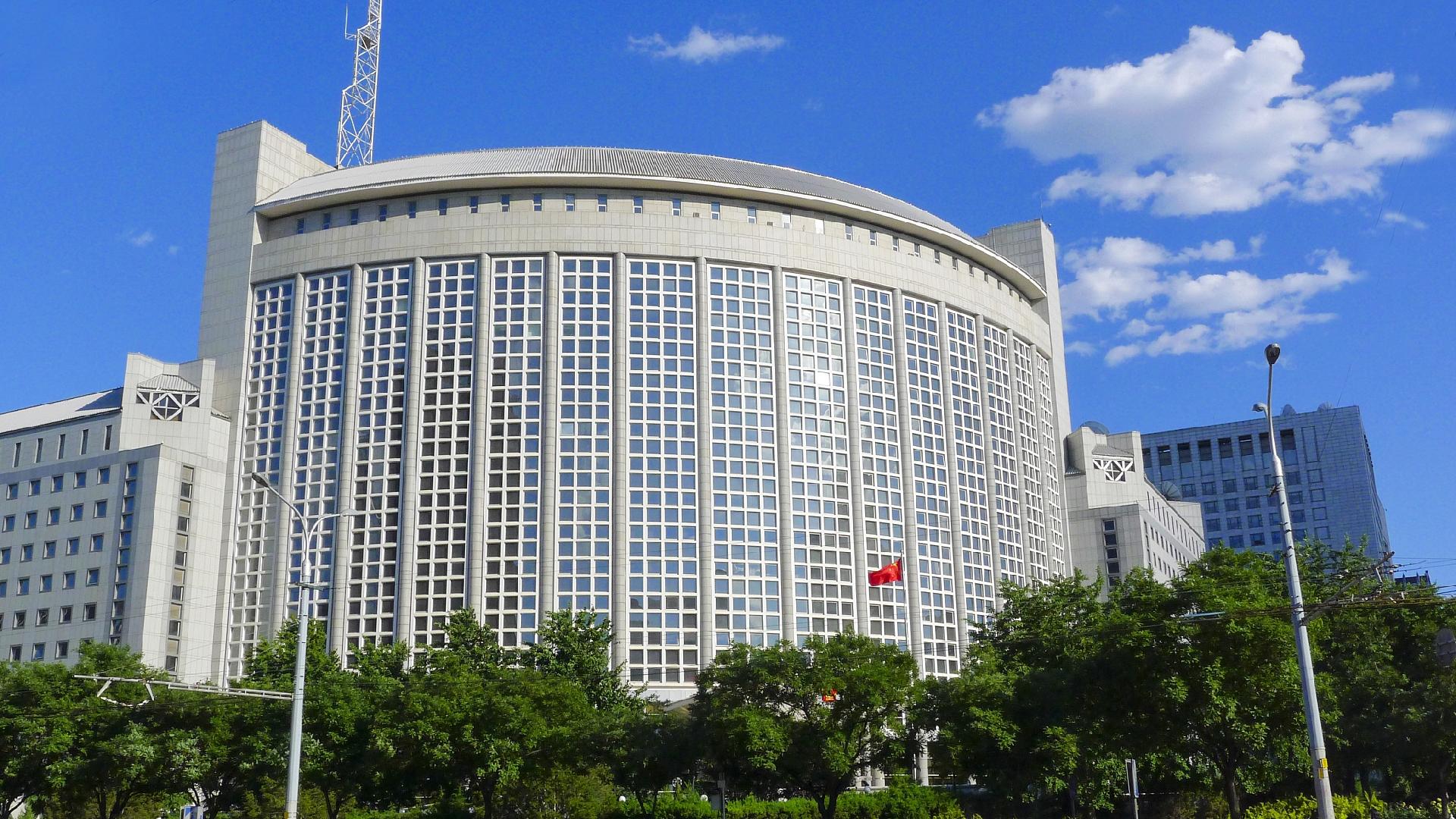China Condemns and Opposes Negative Statements Amid Diplomatic Tensions
China condemns U.S. Defense Secretary Hegseth's negative remarks at the Shangri-La Dialogue, asserts Foreign Ministry


China has issued a strong condemnation following recent comments made by U.S. Defense Secretary Pete Hegseth during the 22nd Shangri-La Dialogue, denouncing his statements as provocative and divisive. A spokesperson from China's Foreign Ministry emphasized that Hegseth's remarks deliberately dismissed the collective desire among regional nations for peace and development, instead promoting a "Cold War mentality" and advancing bloc confrontations.
The spokesperson accused the United States of intentionally mischaracterizing China with defamatory language, including branding China as a "threat." These statements were described as part of a pattern aimed at sowing discord in the Asia-Pacific region. According to the spokesperson, the Chinese government has conveyed a strong protest to Washington, expressing its unwavering opposition to what it characterizes as unfounded provocations.
Criticizing the U.S. approach to regional affairs, the spokesperson asserted that the United States remains the only true hegemonic power worldwide and labeled it as the principal destabilizing force in the Asia-Pacific. The statement highlighted U.S. deployments of offensive weaponry in the South China Sea and accused Washington of escalating tensions as part of its "Indo-Pacific strategy." Such actions, the spokesperson claimed, are turning the region into a “powder keg” and raising serious concerns among neighboring countries.
Addressing the sensitive issue of Taiwan, the spokesperson reiterated that the matter is purely an internal affair for China and warned foreign powers against interference. "The United States should never imagine it could use the Taiwan question as leverage against China. The United States must never play with fire on this question," the spokesperson asserted. China urged the U.S. to adhere strictly to the one-China principle and the foundational China-U.S. joint communiques and called for an end to any support—direct or indirect—for forces advocating "Taiwan independence."
Regarding the ongoing disputes in the South China Sea, the spokesperson insisted that freedom of navigation and overflight have never been an issue under Chinese administration. China, the spokesperson stated, remains committed to resolving disputes peacefully through dialogue and consultation while safeguarding its territorial sovereignty and maritime rights according to established laws. The United States, not China, was identified as the key factor undermining stability in the area.
In conclusion, China urged the United States to respect the region’s efforts to uphold peace and stability, to refrain from actions that disrupt the status quo, and to stop inciting conflict and stoking tensions. The spokesperson underscored that the Asia-Pacific’s prosperous and peaceful environment is cherished by all countries in the region, and warned against outside interference that could jeopardize these collective interests.




